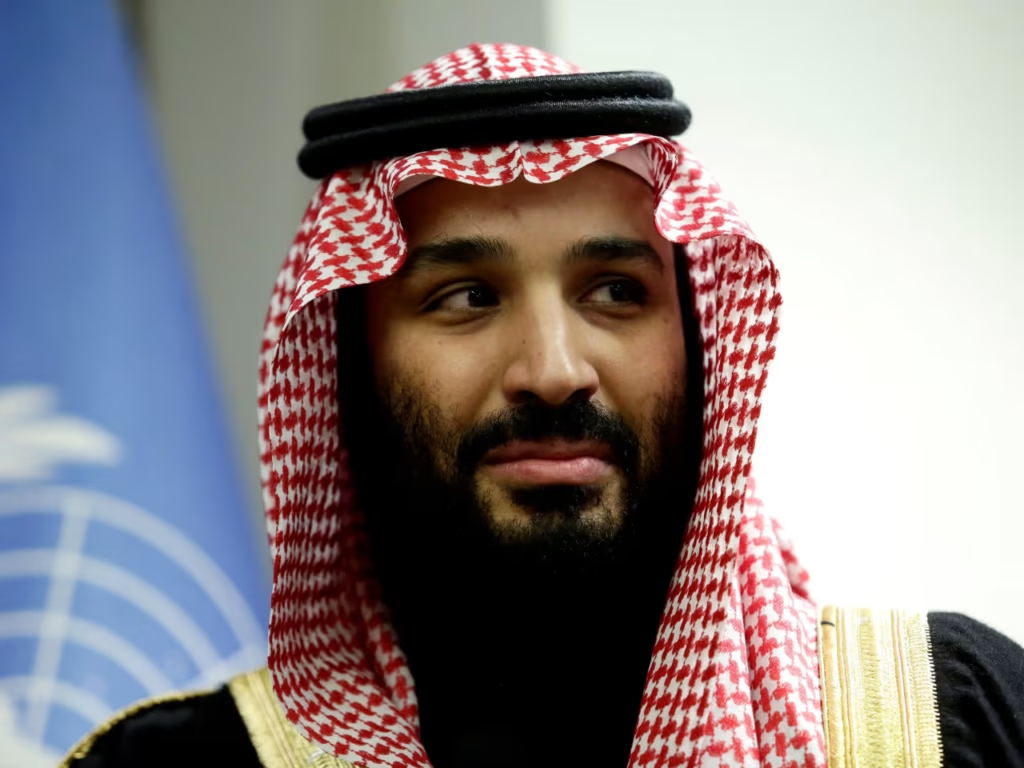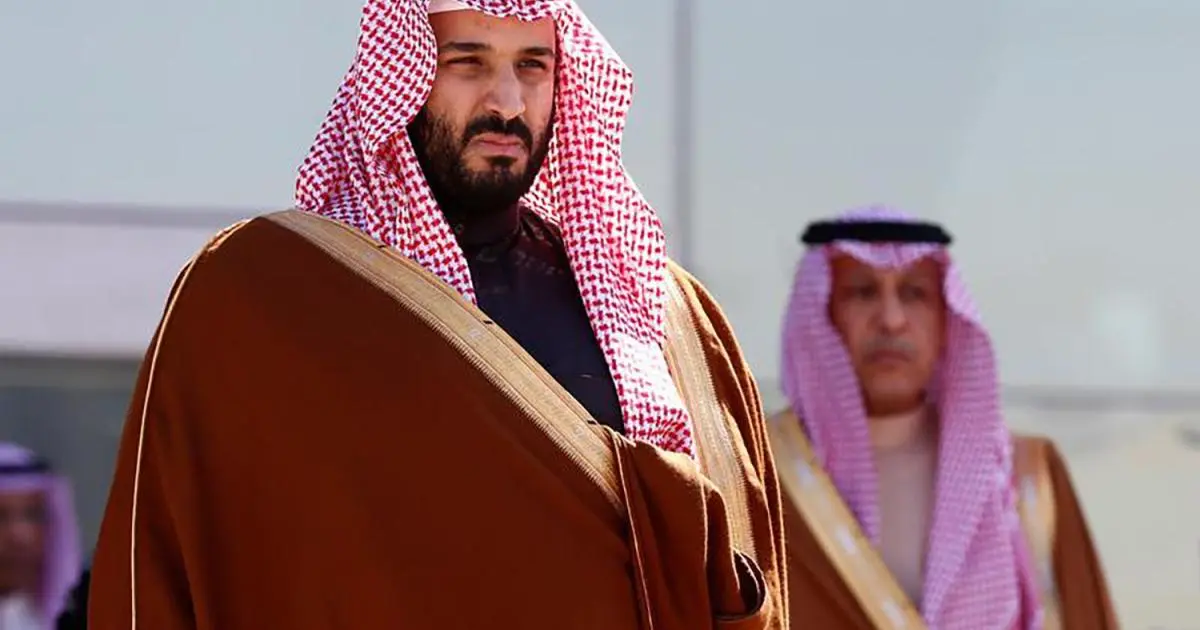In a series of discreet moves, Saudi Arabia has recently released numerous political prisoners, signaling a potential shift in the kingdom’s approach to human rights. While these releases have not been widely publicized by official channels, they mark significant developments in the lives of the individuals involved and may reflect broader changes within the nation’s political landscape.
Notable Releases
Among those freed is Salma al-Shehab, a Saudi doctoral student at the University of Leeds in the United Kingdom. Al-Shehab was detained in January 2021 for her social media posts advocating for women’s rights. Initially sentenced to 34 years, her term was later reduced, leading to her release after serving four years. Her case drew international attention, with human rights organizations highlighting the severity of her punishment for peaceful activism.

Another significant release is that of Mohammad al-Qahtani, a prominent human rights defender and co-founder of the Saudi Civil and Political Rights Association (ACPRA). After serving a 10-year sentence, al-Qahtani was released in January 2025. His imprisonment had been a focal point for international human rights campaigns, emphasizing the kingdom’s stance on dissent.
Additionally, an 82-year-old former judge and human rights advocate, Sulaiman al-Rashudi, was released after serving five years of a 15-year sentence. His early release is believed to be influenced by his advanced age and health considerations.
The releases also include several lesser-known activists and academics who had been detained on charges related to freedom of expression, social activism, and peaceful political advocacy. Some of these individuals were held without formal charges for extended periods, adding to the concern over arbitrary detentions in the kingdom.
International Reactions
These releases have been cautiously welcomed by international human rights organizations. Groups such as Amnesty International and Human Rights Watch have long criticized Saudi Arabia’s detention of activists and have called for broader reforms. While acknowledging the positive steps, they urge the kingdom to ensure that released individuals are granted full freedoms, including the right to travel and engage in public life without fear of re-arrest.
Governments in the West, particularly the United States and European Union nations, have also taken note of these developments. Some diplomatic sources suggest that the prisoner releases may be tied to ongoing negotiations regarding Saudi Arabia’s relationships with key allies. Washington and European capitals have consistently raised concerns about human rights abuses, and these releases might be aimed at improving diplomatic relations.
Domestic Implications
Within Saudi Arabia, the news of these releases has been met with a mix of optimism and skepticism. Families of the released prisoners express relief but remain cautious about the conditions attached to their freedom. Some fear potential surveillance or restrictions on their loved ones’ activities post-release. The broader public watches closely, hoping these actions signal a genuine shift toward greater tolerance for peaceful dissent and advocacy.
Some political analysts argue that these releases are a calculated move by Saudi authorities to ease internal pressures. Over the past few years, Crown Prince Mohammed bin Salman has introduced sweeping economic and social reforms under his Vision 2030 initiative. However, political repression has remained a significant concern. By selectively releasing prisoners, the kingdom may be seeking to present a more reformist image while maintaining tight control over dissent.
Government’s Position
The Saudi government has maintained a reserved stance on these releases, with minimal official commentary. This discretion aligns with the kingdom’s traditional approach to internal affairs, where policy changes and legal decisions are often implemented without extensive public discourse. Observers note that this silence could be strategic, aiming to manage both domestic and international perceptions carefully.
Authorities have not indicated whether these releases will be followed by broader reforms. In past cases, individuals who were freed have often faced restrictions, such as travel bans, limitations on their ability to engage in activism, and threats of re-arrest if they resume their advocacy. It remains unclear whether those recently released will be granted full freedoms or will live under similar constraints.
Global Context
Saudi Arabia’s human rights record has been under intense scrutiny, particularly following high-profile incidents such as the murder of journalist Jamal Khashoggi in 2018. International pressure has mounted, with various governments and organizations calling for reforms. The recent prisoner releases may be part of the kingdom’s efforts to improve its global image and address some of these concerns.
Additionally, Saudi Arabia is currently seeking to bolster its international standing as a regional leader and economic powerhouse. With efforts to attract foreign investment, host major global events, and position itself as a key player in diplomatic negotiations, the kingdom may be seeking to soften criticism of its domestic policies by showing limited progress in human rights.
Some experts believe that the releases could be linked to Saudi Arabia’s aspirations for deeper security and trade partnerships. The country is in negotiations over potential diplomatic deals, including closer economic ties with Western nations. Demonstrating a willingness to release political prisoners may be an attempt to create a more favorable environment for such agreements.
Future Outlook
While the liberation of these individuals is a positive development, many activists and observers emphasize that substantial work remains. Calls continue for the release of all political prisoners and the establishment of legal frameworks that protect freedom of expression and assembly. The international community remains vigilant, monitoring how Saudi Arabia’s actions align with its commitments to human rights conventions.
Beyond the immediate impact on those freed, the long-term significance of these releases will depend on whether they signal a genuine shift in policy or merely serve as isolated gestures. Analysts will be watching closely for further signs of reform, including legal changes that prevent the recurrence of such detentions.
For the families of those who remain behind bars, the recent developments offer a glimmer of hope. However, until broader systemic changes are implemented, the question remains: Is Saudi Arabia truly moving toward a more open society, or is this merely a carefully calculated move to ease international scrutiny?
In conclusion, the quiet release of political prisoners in Saudi Arabia represents a noteworthy development in the kingdom’s human rights landscape. Whether this signals a broader policy shift or serves as isolated concessions remains to be seen. The coming months will be crucial in assessing the depth and sincerity of these actions.


